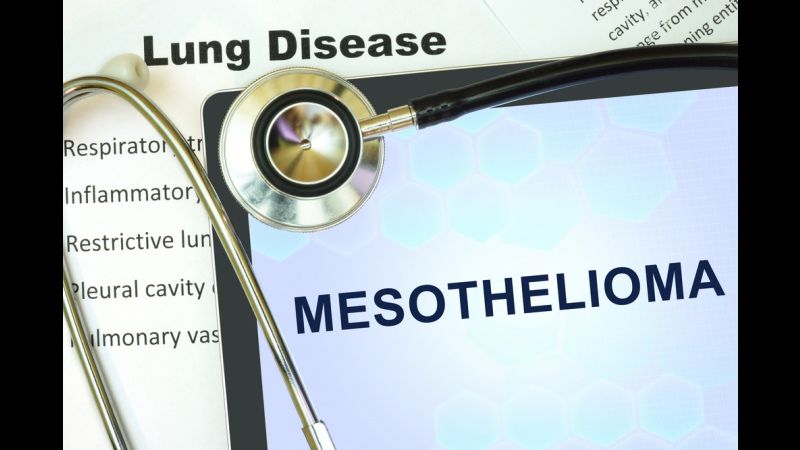June is Men’s Health Month, and in an effort to raise awareness, we’re putting a spotlight on some of the health issues facing male seniors. One of these issues is malignant mesothelioma — a cancer primarily diagnosed in men more than 65 years old.
Mesothelioma is caused by asbestos exposure. Most of the jobs that exposed workers to asbestos were traditionally performed by men, putting them at an increased risk of developing mesothelioma.
Women can develop mesothelioma, and some of them got it from secondhand exposure when their fathers, brothers or husbands brought it home on their clothing, skin and hair. Mesothelioma progresses quickly regardless of gender, making early diagnosis and quick treatment important to long-term survival.
If you’re still curious about this type of cancer, below are some key questions answered:
How does asbestos exposure cause mesothelioma?
While researchers haven’t uncovered the exact process, they do know that inflammation and genetic damage is involved. Once inhaled or ingested, microscopic asbestos fibers can get stuck in lung or gastrointestinal tissue and begin to irritate nearby cells. Inflammation and genetic damage happen over time, and certain DNA damage can lead to mesothelioma.
What are the signs of mesothelioma?
Initial symptoms of the most common form of mesothelioma, which develops in the lung lining, include coughing, difficulty breathing and chest pain. These symptoms appear innocuous until they progressively worsen in a short period of time.
Should you notice these symptoms, you should see your doctor right away, but it may also be beneficial for you to consider purchasing a medical alert device. All of these symptoms put you at an increased risk of falling, and a medical alert device ensures that you will be able to receive immediate help should you experience an emergency due to these symptoms.
Mesothelioma can also develop in the lining of the abdomen, which causes bloating, digestive issues and weight loss.
How is mesothelioma diagnosed?
An X-ray is typically the first step toward a mesothelioma diagnosis. Other imaging tests, such as a CT or PET scan, create a better picture of the tumors.
Confirmation of mesothelioma requires a tissue biopsy. The procedure to collect a biopsy is done on an outpatient basis and only requires local anesthesia.
What therapies are used to treat mesothelioma?
The most commonly-used treatment for mesothelioma is chemotherapy. The chemotherapy drugs Alimta and cisplatin can shrink mesothelioma tumors and inhibit their growth, which improves symptoms and extends life.
Some people receive radiation therapy to control tumor growth or shrink tumors before surgery. Radiation therapy has minimal side effects, including skin irritation resembling sunburn near the application site.
The few patients who qualify for surgery were diagnosed before the cancer spread to the lymphatic system or distant locations. Surgery attempts to remove as much cancerous tissue as possible, which improves chances of long-term survival.
Are new therapies being developed for mesothelioma?
Clinical trials are constantly testing new therapies, drugs and treatment combinations for mesothelioma. The most promising results are coming from immunotherapy trials. Immunotherapies seem to work differently on everyone, much like chemotherapy is more effective for some people than others. Certain patients are outliving their mesothelioma prognosis by years because of immunotherapy.
Where can people affected by mesothelioma get support?
The nation’s major cancer centers are equipped to treat and support families facing mesothelioma. It’s important to work with an experienced mesothelioma specialist to receive top-notch care.
An online mesothelioma support group meets the second Wednesday of every month at 8 PM EST. Visit The Mesothelioma Center to join the support group, discover free resources and learn more about mesothelioma.
This article was written by guest bloggers from the Mesothelioma Center at Asbestos.com.

